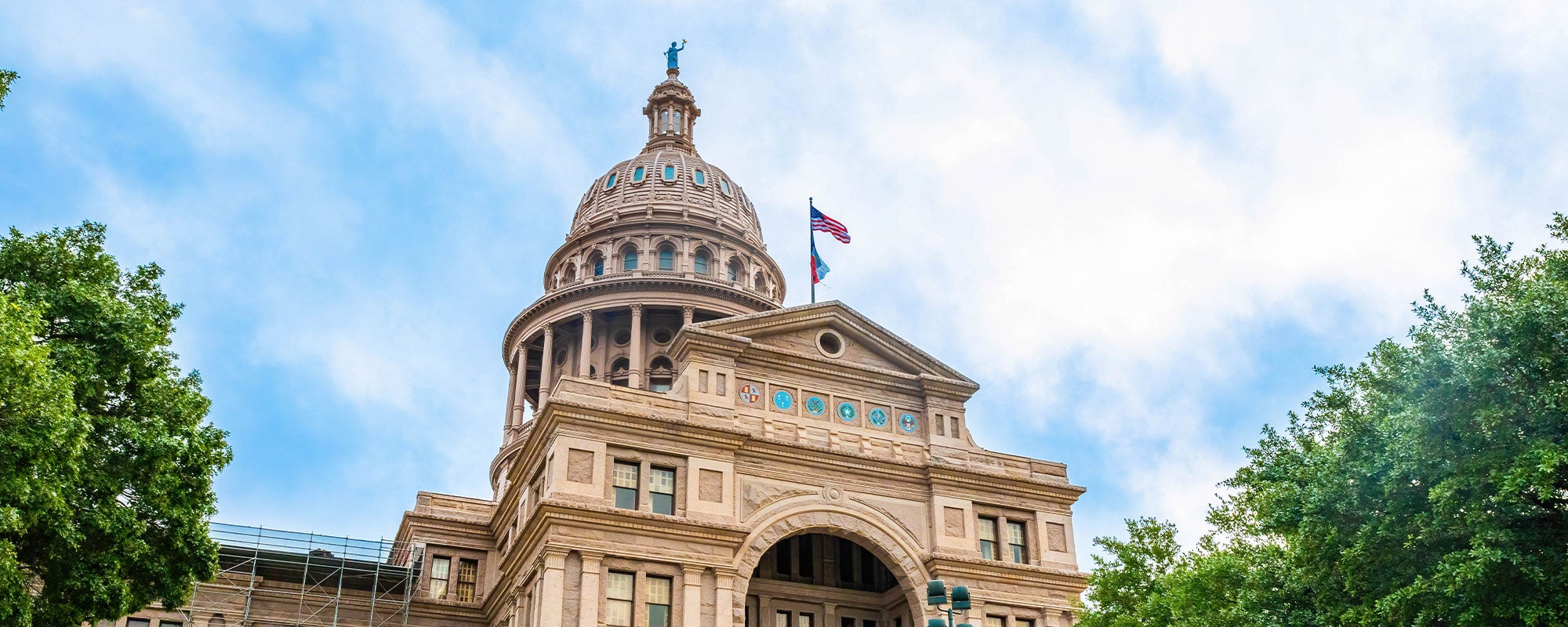Texas Public Information Act Offers a Window into Government Activities
For more than 50 years, the Texas Public Information Act (TPIA) has given citizens a way to keep tabs on government.
The law, established in 1973 in response to a stock fraud scandal involving state officials, ensures Texans have access to all sorts of public records and communications involving state and local government entities, including school districts. Specifically, the TPIA requires that the people be entitled to information about “the affairs of government and the official acts of public officials and employees.”
Now, there’s a move among some lawmakers to extend the TPIA beyond government and official acts of public officials and employees to target private, nonprofit member associations that represent or do business with public entities.
At a time when government efficiency is being prioritized, this proposed change would not result in more transparency of the workings of government but rather would impose the burdens of government on the private sector (including other private corporations and organizations that do business with these nonprofits in private-to-private transactions), driving up costs and adding redundancies.
Clear View Into Government Functions
The TPIA already provides the window that lawmakers are seeking. In fact, the preamble to the Act clearly states that “government is the servant and not the master of the people.” It further explains that the purpose of the TPIA is to maintain the people’s control “over the instruments they have created.” In other words, the Act gives the public a clear view into the functions of government.
For this reason, school districts’ interactions with nonprofits and member associations as service providers are already available through publicly accessible reports and individual requests.
Quite simply, the public can see what any school district pays or buys from these organizations – just as they can see what any school district pays or buys from any other vendor or service provider. That’s what the Act was originally set up to do and what it’s achieved over the five decades it’s been in place.
As currently codified into law, the TPIA allows the public visibility into government activities and decisions, including how they interact and contract with nonprofit, private organizations and vendors, including payments, correspondence, reports, records and everything else already disclosable under the law.
In fact, the school district itself is the best and most complete source of transactional information or communications with nonprofit membership associations because the governmental entity is in the position of buyer. The private associations and their records regarding these transactions or communications would not, as governmental entity records go, provide information and insight for the public as to the decisions, processes, and acts of school districts, including their spending decisions.
It’s also important to note that the TPIA already extends to administrative agencies of cooperating local governments formed under the Interlocal Cooperation Act. That provision gives the public a window into the activities of entities like risk pools and purchasing cooperatives that serve the public sector separate and apart from private organizations.
Eroding Access to Legal Advice
Yet among all the reasons to not extend the PIA to those private organizations that do business with public entities is that it could erode access to confidential legal advice provided by private organizations or member associations. Quite simply, causing school officials to be concerned that their solicitation of legal advice or information could be subject to public release will have a chilling effect on their willingness to seek advice.
Given the importance to the public of school officials receiving sound legal advice about the rights of parents, students, and employees; safety concerns; compliance with special education; state curriculum requirements; open government and governance laws; financial accountability and more, now is not the time to limit that access.
Harming Third-Party Private Business Interests
Another potentially harmful effect of this proposed law change would be exposing the transactions of third-party private companies that do business with nonprofits or member associations. These would include hotel contracts, technology and software purchases, facility repairs, or any other needed services.
The business interests of those third-party private companies would be harmed if the TPIA were amended to suddenly make public what had been entered into and negotiated as a private-to-private business transaction. Further, these private transactions do not involve any official acts or transactions of governmental entities nor the expenditure of public funds. As such, there is no public interest in access to those records, yet it could harm business interests to the detriment of private companies conducting business with nonprofit membership associations.
Conclusion
In short, the Texas Public Information Act has been an enduring success since its implementation, even as lawmakers have made legislative adjustments and enhancements over the years to ensure it continues to live up to its promise of greater government transparency and accountability.
The focus should be to keep an eye on government, rather than expand the law into the private sector by targeting vendors, nonprofits, or member associations.
When it comes to public education and how local school boards conduct their business and spend their tax dollars, the TPIA already provides access to those public records. There's nothing more to gain from changing the law to cover vendors and member associations that serve or do business with public entities. Let’s continue to uphold the original purposes of the TPIA without overreaching into the private sector.
Download PDF




